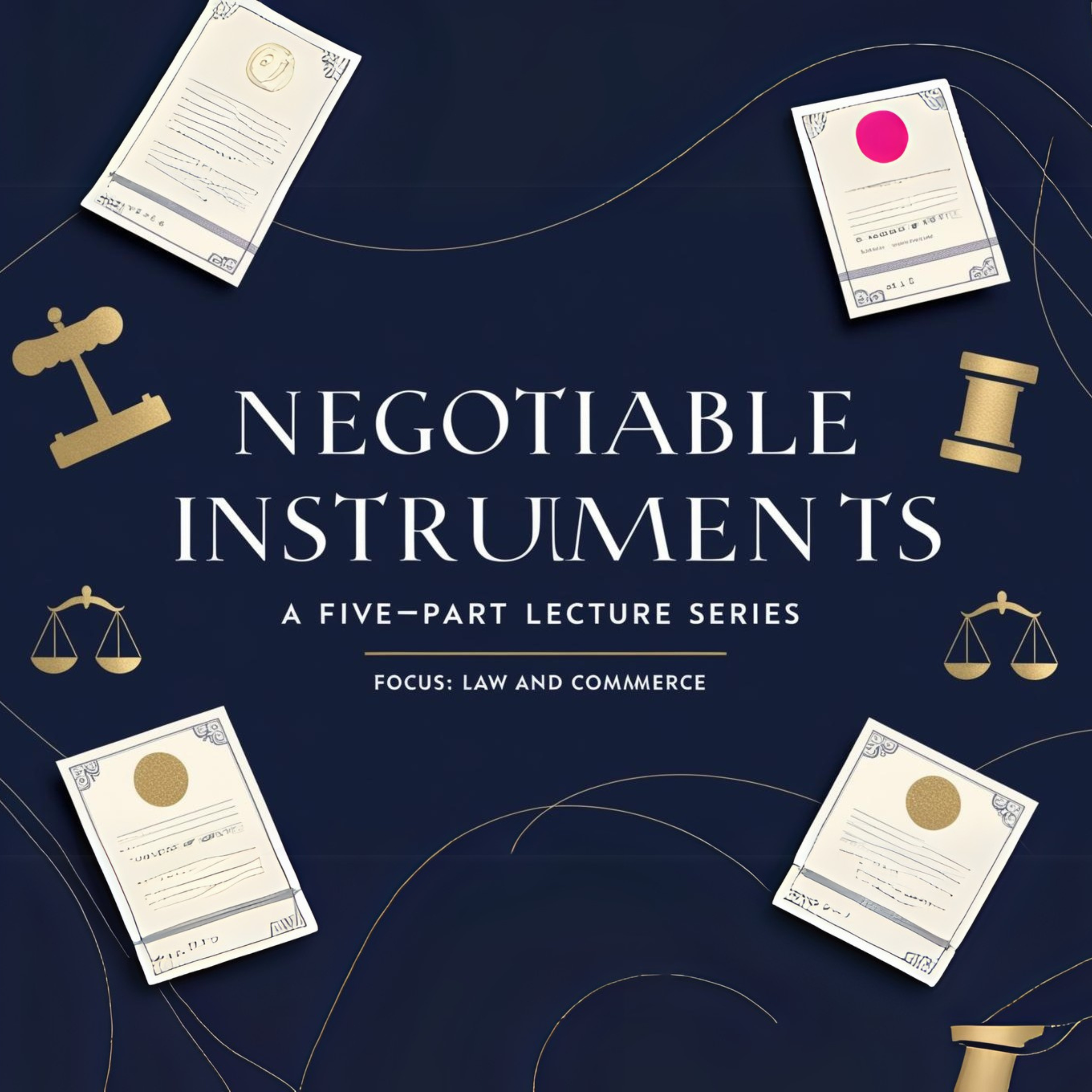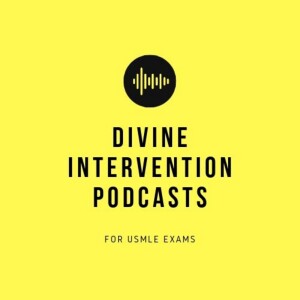

Lecture 1: Introduction to Negotiable Instruments
Definition and Types: Distinguish between notes (promissory notes) and drafts (checks).
Requirements for Negotiability: Unconditional promise or order to pay, fixed amount of money, payable on demand or at a definite time, etc.
Holder Status: Explanation of “holder” vs. “bearer” and negotiation procedures (endorsements, delivery).
Basic Policy Goals: Why negotiability fosters ease of transfer and uniform commercial practice.
Lecture 2: Holders in Due Course and Defenses
Holder in Due Course (HDC) Requirements: Taking for value, in good faith, without notice of claims or defenses.
Real vs. Personal Defenses: Fraud in the factum, forgery, alteration, infancy, illegality, mental incapacity.
Implications for Liability: Which defenses can be asserted against an HDC vs. a mere holder.
Exam Tip: Spotting the difference between real defenses that defeat even an HDC and personal defenses that do not.
Lecture 3: Liability, Warranties, and Discharge
Parties’ Liability: Maker/drawer, endorser/indorser, acceptor.
Transfer and Presentment Warranties: How they arise, who they protect, disclaimers.
Discharge: Payment in full, tender of payment, cancellation, reacquisition.
Exam Pitfalls: Students often confuse these warranties with typical contract disclaimers or fail to recognize discharge events.
Lecture 4: Checks, Banks, and the UCC
Check-Specific Rules: Overdrafts, postdated checks, stop-payment orders.
Bank Collection Process: Depositary bank, intermediary banks, payor bank.
Exam Scenarios: Dishonored checks, improper endorsements, missing or forged endorsements, bank liability.
Lecture 5: Advanced Topics and Bar Strategy
Alterations and Forgeries: Allocation of loss among parties under UCC Articles 3 and 4.
Electronic Fund Transfers: Emerging payment systems beyond standard checks.
Exam Strategy: Identifying the “who is liable to whom” question, applying holder in due course analysis, and thoroughly addressing possible defenses in your IRAC structure.
More Episodes
All Episodes>>You may also like
Create Your Podcast In Minutes
- Full-featured podcast site
- Unlimited storage and bandwidth
- Comprehensive podcast stats
- Distribute to Apple Podcasts, Spotify, and more
- Make money with your podcast












